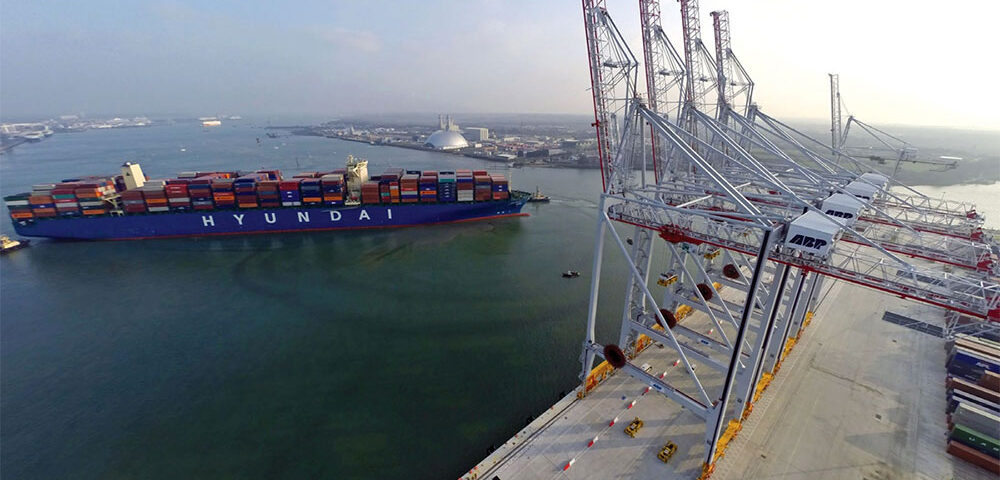By Peter de Langen
In November, Associated British Ports (ABP), the UK’s leading port operator, launched its transformed property arm with a 960-hectare land bank, marking a further step in the gradual transition of the group from port operator to a development company of port, logistics and manufacturing complexes in 21 UK ports, writes Peter de Langen.
ABP owns around 5,000 hectares of land, of which around 900 hectares is available for development.
In its 2017 first half year trading update, ABP noted that it aims to build a landlord business model in which it can identify attractive locations and sectors and then invest in infrastructure and equipment in partnership with customers.
Through this strategy, it aims to creating around 2.8m metres squared of accommodation for new “logistics, assembly, manufacturing and other business operations offering the advantage of multimodal transport options”.
This move has relevance for state-owned operating ports elsewhere in the world. On privatisation, ABP had plans to expand internationally as a terminal operating company. But after a failed investment in a car terminal company mainly operating in the US in the late 1990s, it gradually moved away from port operations and into a landlord business model, with a focus not just on terminals but also on logistics and manufacturing activities.
The further emphasis on port property give a clear indication of where ABP sees itself heading in the future and is a move that state-owned ports elsewhere should follow with interest.
First published @ Port Stategy













